In our podcast series, learn about the most critical concepts in personal finance and how they connect with mathematics education. You’ll also hear insights on the research supporting the integration of math and financial education, along with classroom perspectives from high school teachers who have taught the FiCycle Math course.
Listen to all three episodes below or subscribe:
Part 1 – Wealth vs. Cash
In part one, you’ll learn about the differences between wealth and cash; get insights into some compelling research about students’ perspectives on math and finance; and hear from teacher Courtney Epps, who describes her experience teaching the FiCycle course.
In the first segment, we speak with Phil Dituri, FiCycle’s Director of Education, who defines some of the key terms to know when discussing personal finance: wealth, assets, liabilities, income, and expenses. He also explains net income and gross income; as well as why calculating wealth is much different than calculating how much cash a person has, and why understanding this difference is critical.
The next segment features research insights from Jack Marley-Payne, Director of Research for FiCycle. In this episode, Jack tells us about a study in which students rated personal finance as both the most interesting and most important application of math when they were given the choice of a variety of common math applications. Learn more about this research in the paper “Enriching Mathematics through Applications to Finance,” available on our Additional Education Research page.
Our third segment is an interview with Courtney Epps, a math teacher at People’s Prep Charter School in Newark, NJ. Currently, Courtney is teaching FiCycle with 12th graders while also teaching 9th grade Algebra 1. She shares her experience with the FiCycle course, including how it helps her students understand math in a real-world context.
Part 2 – Transferring Consumption Across Time
In part two, you’ll hear about investments and loans, which allow you to transfer consumption across time; find out how taking a mathematics and financial education course affects a person’s financial activity; and listen to teacher Eva Hachikian detail her experience teaching FiCycle Math.
Phil Dituri, FiCycle’s Director of Education, begins the episode by explaining what it means to transfer consumption across time, and how loans (borrowing from your future to fund consumption in the present) and investments (transferring from your present to your future) allow us to do so. Phil also gives an introduction to compound interest and exponential growth.
Next, Jack Marley-Payne, Director of Research for FiCycle, talks about an important study on financial activity. The study shows that taking a financial education course increases a person’s financial activity. For people with a low math level, this means they increase both positive and negative financial activity. For people with a high math level, they increase positive activity but not negative. This speaks to the importance of learning about finance in the context of mathematics. Learn more about this research in the paper “Positive and Negative Financial Behavior: Differential Responses to Education,” available on our Additional Education Research page.
Our third segment is an interview with Eva Hachikian, a Mathematics Teacher at the NYC Museum School in Downtown Manhattan. Eva teaches FiCycle with 12th graders as well as AP Calculus. She passionately describes her experience teaching the course, including an explanation of how it’s become her students’ favorite class.
Part 3 – Understanding Risk and Expected Value
In part three, you’ll hear about managing risk; learn about research demonstrating the strides students make in both math and financial knowledge when they take the FiCycle course; and hear from teacher Erik Scott about his students’ experience with FiCycle Math.
The episode begins with Phil Dituri, FiCycle’s Director of Education, who speaks about the concepts of risk and expected value. Phil explains the efficient market hypothesis, an important concept for understanding how the stock market functions. He also informs us about expected value and how this relates to instruments such as insurance, and talks through ways to manage financial risk.
Next, Jack Marley-Payne, Director of Research for FiCycle, gives insights on an analysis of students taking the FiCycle course, which showed that they made significant improvements in both financial and math knowledge. Further, the amount of math learning is strongly correlated with the amount of financial learning. Learn more about this research in the paper “Best Practices in Financial Education: Incorporating Mathematics,” available here on our FiCycle Math Research page.
The final segment is an interview with Erik Scott, a math teacher at Cache High School in Oklahoma. Erik teaches Statistics and Pre-Calculus to 11th and 12th graders, as well as FiCycle Math. He shares his experience teaching the FiCycle course, including his perspective on the relevance to students’ lives and why this ensures they remain engaged in the class.


